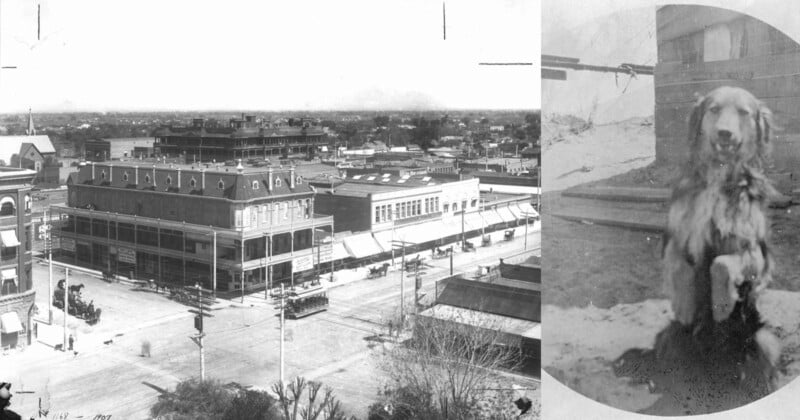
Thousands of photographs showing Arizona in the early 20th century before it became the 48th state have been made available to the public.
The photographs taken from 1900 to 1911 were crafted at the hands of Walter J. Lubken who worked for the U.S. Reclamation Service.
The federal agency tasked the photographer with documenting irrigation projects across the American West as well as capturing construction projects, towns, and farms.
Now 2,000 of his photographs have been made available on the Arizona Memory Project website where researchers and enthusiasts can search through the vast archive to see fascinating photos of early 20th century Arizona.
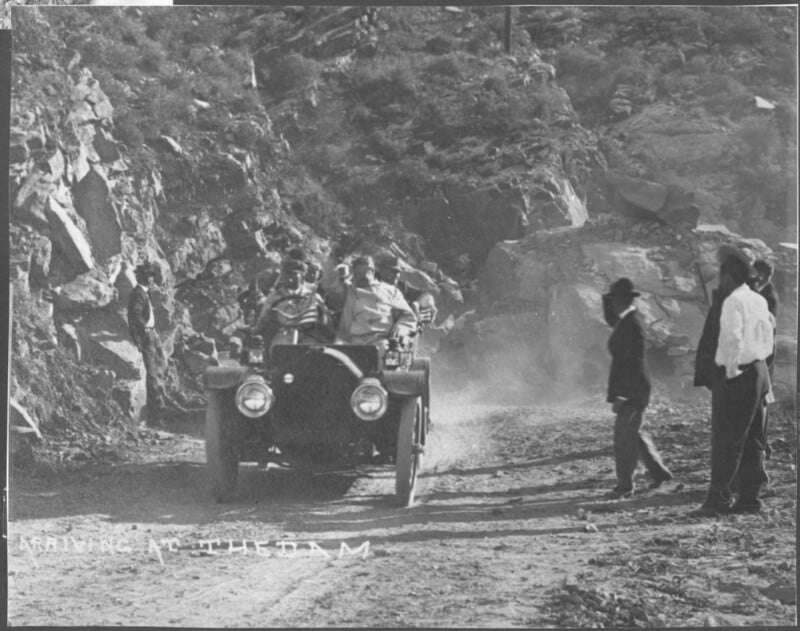
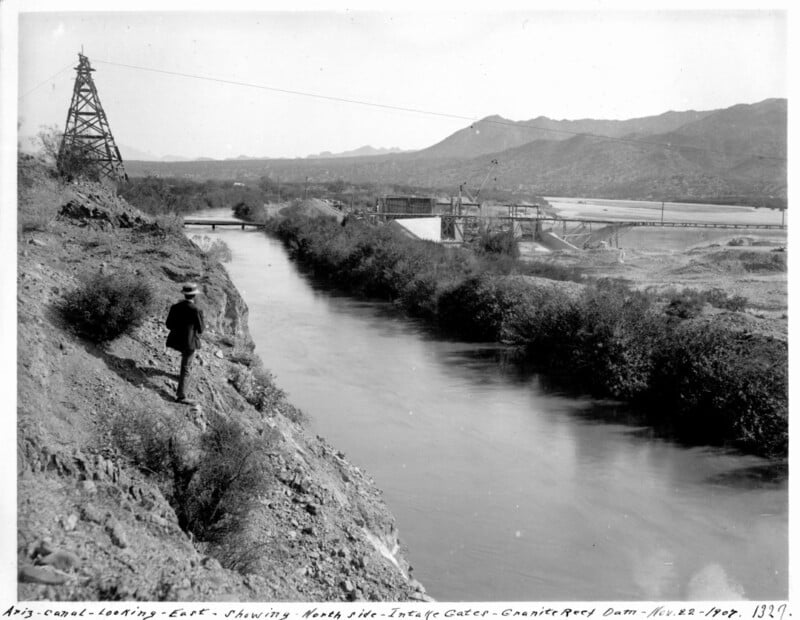
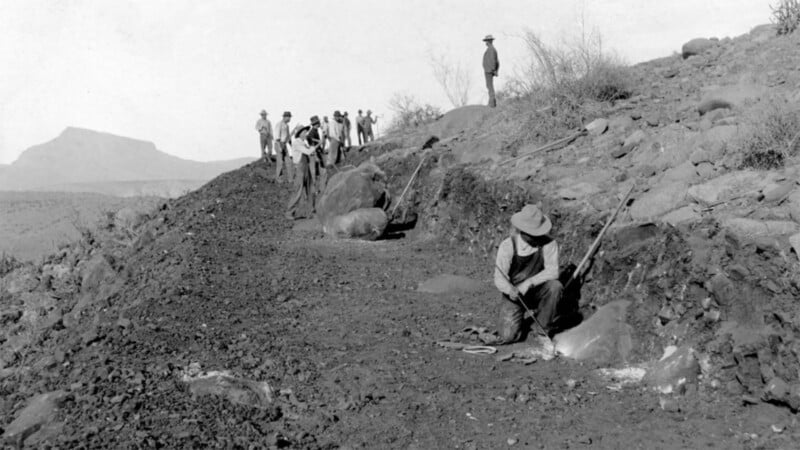
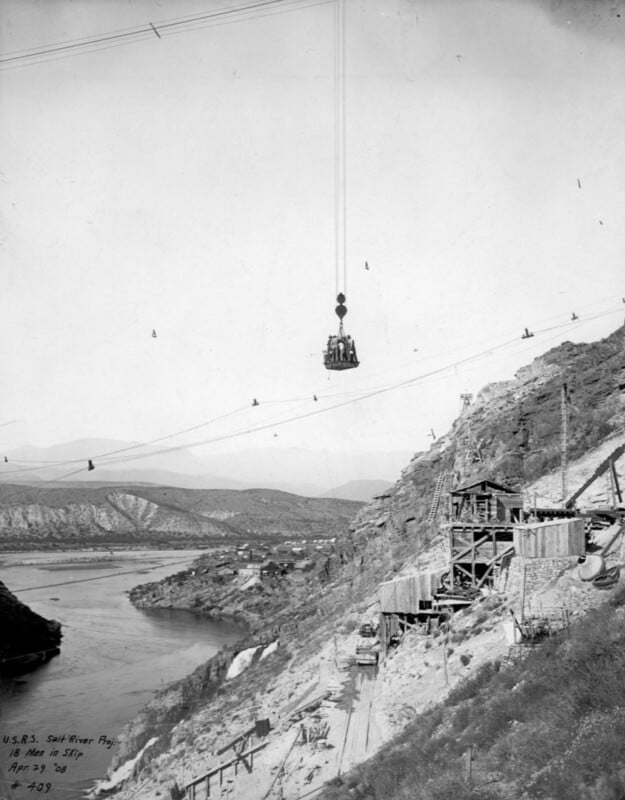
The archive includes images of the newly completed Roosevelt Dam, men working on the Apache Trail — which is now known as State Route 88 –, and shots of downtown Phoenix in the 1900s.
Visitors to the website can browse the collection and click on individual images to see more information or download options. The copyright has long expired, although given that Lubken was working for a federal agency they were likely never afforded protection in the first place.
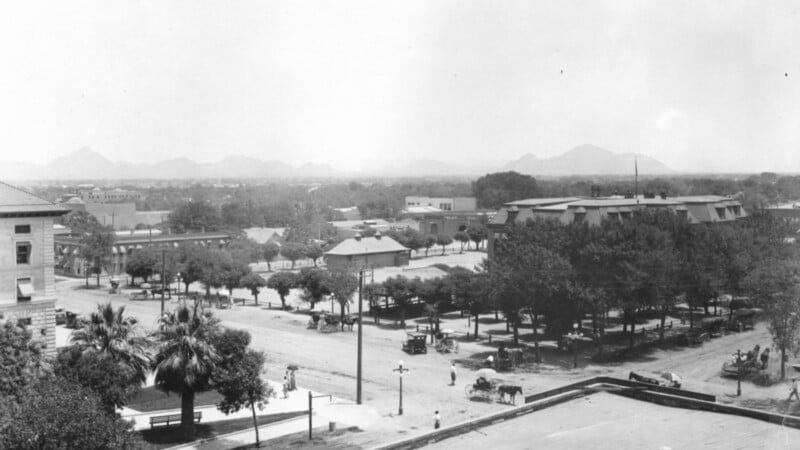
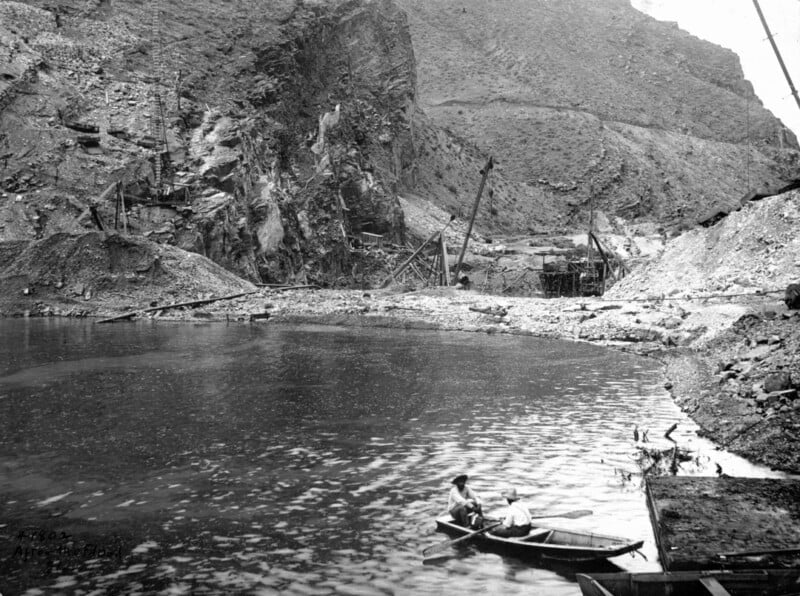
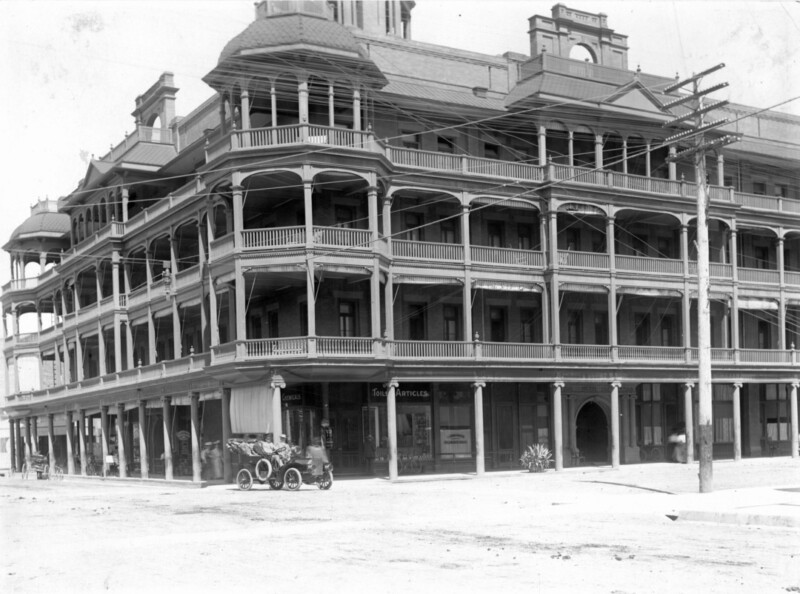
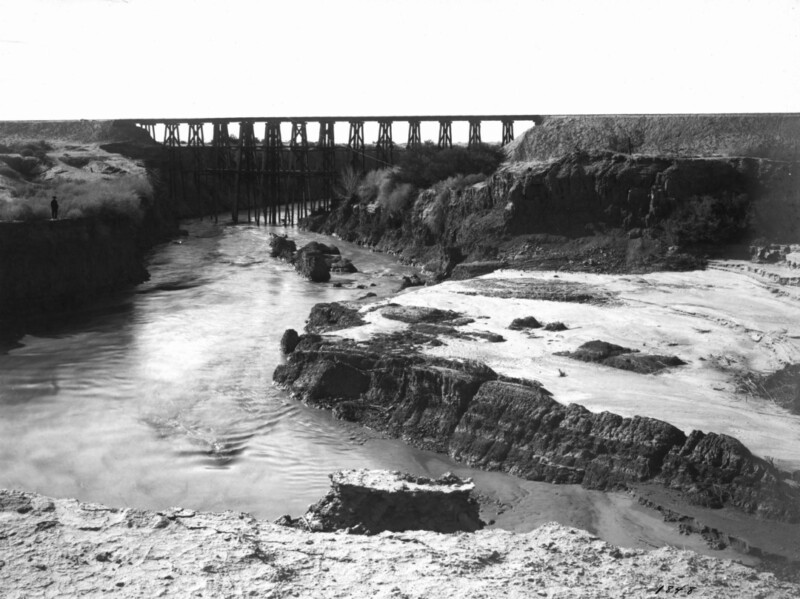
The Arizona Memory Project teamed up with the Salt River Project, named after the Salt River Valley which contains Arizona’s most populous city Phoenix.
“Lubken’s images of irrigation, agriculture, and scenery offer an unparalleled glimpse into life in the Salt River Valley in the early Twentieth Century,” SRP Research Archives and Heritage Department Senior Historical Analyst Jodi Moon tells 12 News.
About the Photographer
Walter Lubken took thousands of photographs for the United States Reclamation Service (now known as the Bureau of Reclamation). He used a large format camera and glass-plate negatives, cumbersome equipment to drag around the old American West.
He worked at the agency from 1903 to 1917 at which time he left but returned to photography in 1930 to document the Boulder Dam. He not only captured grand engineering projects but also conveyed what everyday life was like for people living in remote locations.
Lubken eventually gave up photography entirely and worked as a dry goods store clerk in his hometown of Boise, Idaho. According to a Wikipedia entry that is informed by the Associated Press, Lubken was more proud of his work as a clerk than as a government photographer.
Image credits: Photographs by Walter Lubken/Salt River Project.
